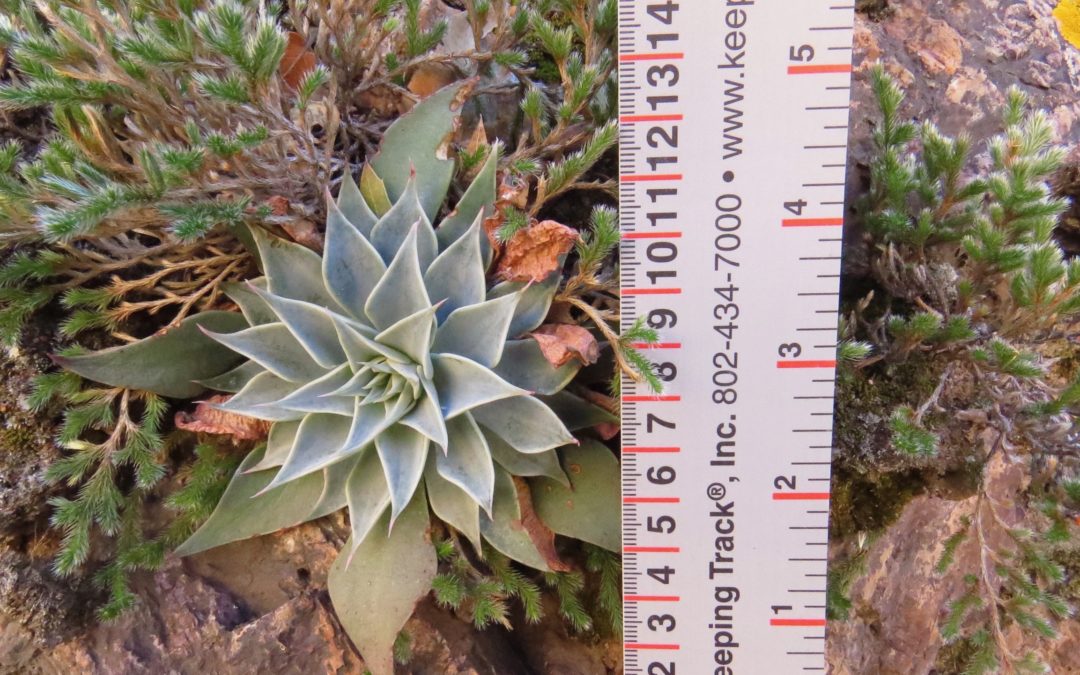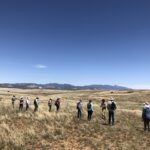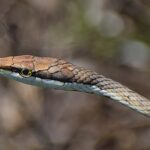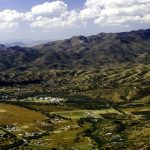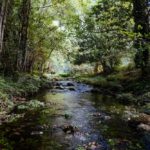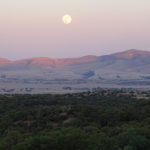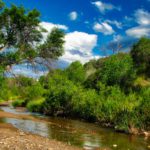For this Friday Flora Feature, we’re exploring a rare herb-succulent found in the Arizona Sky Islands. Commonly called the Patagonia Mountain leatherpetal, Bartram’s stonecrop, or Graptopetalum bartramii Rose, G. bartramii belongs to the Crassulaceae (stonecrop) family. It is native to Arizona and has not been discovered in any other U.S. states or territories.
G. bartramii is a perennial plant species that naturally grows in deep mountain canyons and rocky overhangs. It is easily identifiable by its pointed leaves and colors ranging from pale, dusky blues, greens, and purples to darker greens with reddish tips. Each plant flowers in autumn, sending up one to four stalks that release seeds for propagation. They prefer shaded areas with a dense collection of plant matter, like leaves, bark, and moss, and typically grow in areas that are within 50 feet of creeks, springs, or other water sources.
While they are often referred to as Patagonia Mountain leatherpetal, G. bartramii can be found all over the Sky Islands, including in these mountain ranges: Atascosa, Baboquivari, Chiricahua, Dragoon, Empire, Mule, Pajarito, Rincon, Santa Rita, and Whetstone (source: FWS). G. bartramii is also native to parts of Sonora and Chihuahua, Mexico. The Center of Biological Diversity reports 34 known populations of G. bartramii in Arizona and three known G. bartramii populations in Mexico, but these numbers are currently threatened by climate change and industrial development.
G. bartramii is listed by the United States Department of Agriculture (USDA) as a “salvage restricted” species. Environmental stressors, including watershed erosion, soil disturbance, drought, winter freezing, overgrazing, and illegal harvesting, have weakened G. bartramii’s ability to remain fully resilient in its natural habitats.
In December 2019, the Center for Biological Diversity petitioned the U.S. Fish and Wildlife Service to add G. bartramii to their Engaged Species Act list for better protection and conservation. The FWS made a proposal to add G. bartramii to this list soon after. Their decision is currently pending.
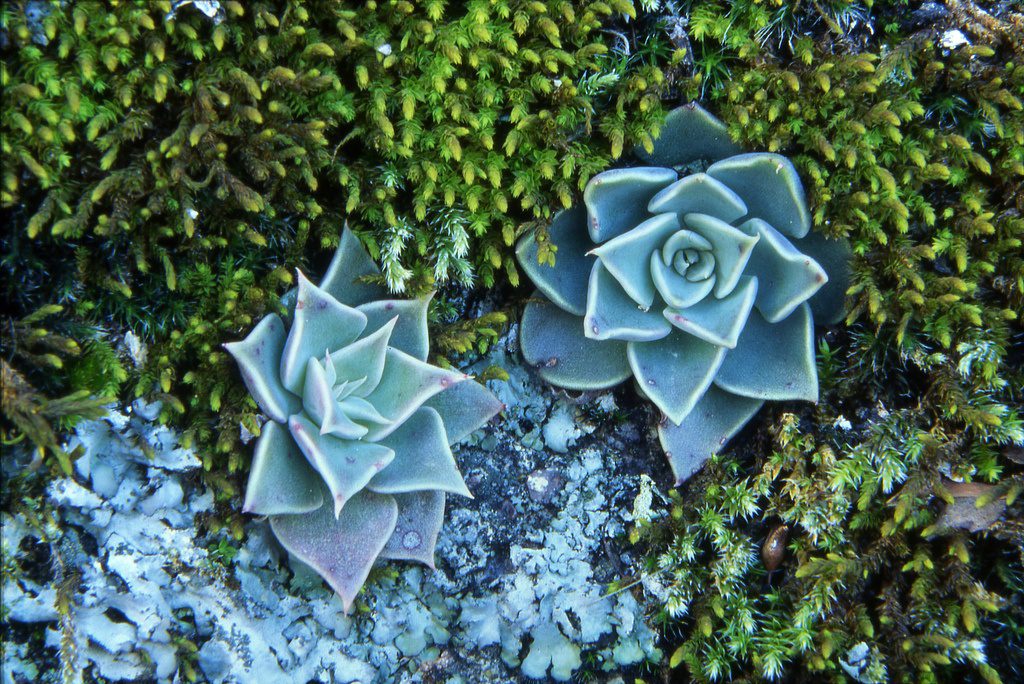
Photo Credit: Alan Cressler
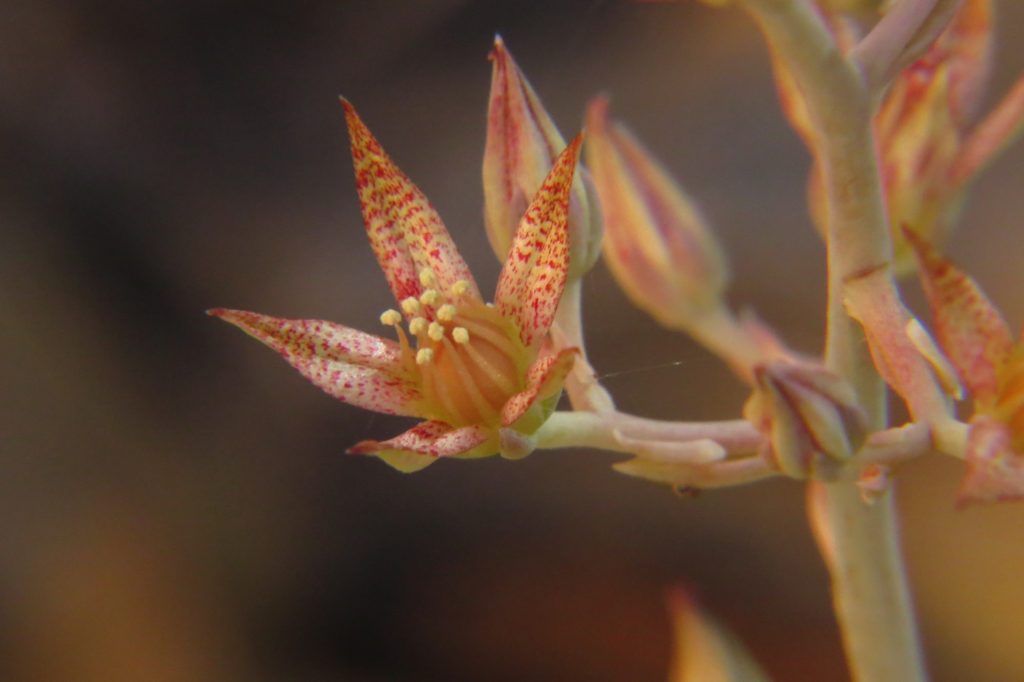
Photo Credit: Glen Goodwin
Additional Flora Features (from PARA’s Partner Sky Island Alliance):
Sources:

